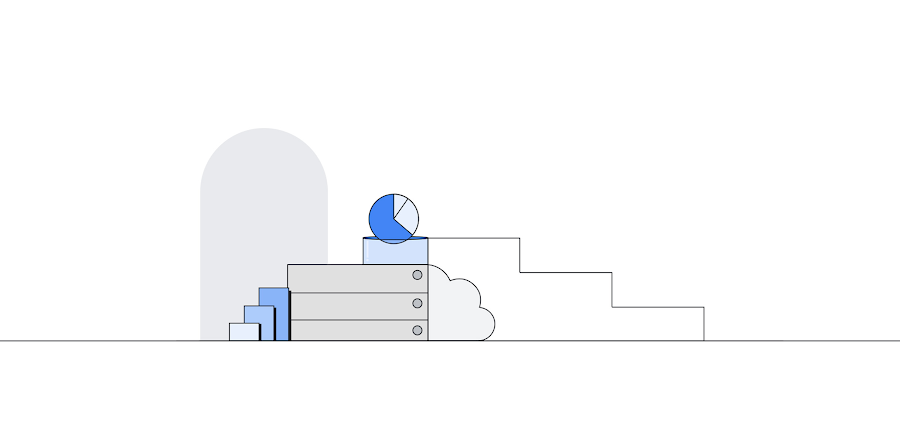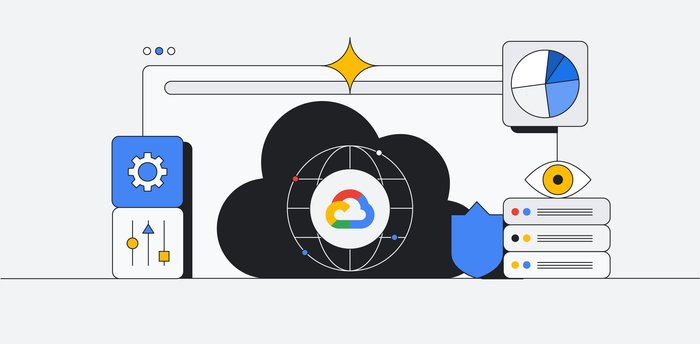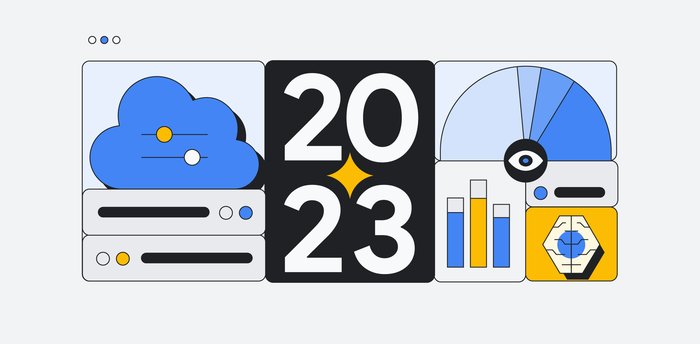Google Cloud bolsters support for relational databases
Dominic Preuss
Director of Product Management
We're announcing new offerings in our database-services portfolio to give customers even more freedom to focus on building great apps for more use cases, rather than on management details.
In the early days of cloud computing, developers were constrained by the relatively limited choice of database services for production use cases, whether they were replacing on-premise apps or building new ones.
Those constraints have now virtually disappeared. With the announcement of Google Cloud Spanner last month, Google Cloud can meet the most stringent customer requirements for consistency, availability, and scalability in transactional database applications.
Cloud Spanner joins Google Cloud Datastore, Google Cloud Bigtable and Google Cloud SQL to deliver a complete set of databases on which developers can build great applications across a spectrum of use cases, without being part-time DBAs. Furthermore, many third-parties have joined the Cloud Spanner ecosystem—Xplenty, iCharts, Looker, MicroStrategy and Zoomdata, and more partners are on their way.
Today, at Google Cloud NEXT ‘17, we're pleased to continue this story with the following announcements.
Cloud SQL for PostgreSQL (Beta)
With the beta availability of Cloud SQL for PostgreSQL in the coming week, it will easier to more securely connect to a database from just about any application, anywhere.Cloud SQL for PostgreSQL implements the same design principles currently reflected in Cloud SQL for MySQL: namely, the ability to securely store and connect to your relational data via open standards. It also includes all the familiar advantages of a Google Cloud service, in particular, the ability to focus on application development, rather than on tedious infrastructure-management operations.
Here’s how Descartes Labs, which uses machine learning to analyze and predict changes in US food supply based on satellite imagery, is already getting value from Cloud SQL for PostgreSQL:
Cloud SQL gives us more time to work on products that provide value to our customers. Our individual teams, who are building micro services, can quickly provision a database on Cloud SQL. They don't need to bother compiling Geos, Proj4, GDAL and Lib2xml to leverage PostGIS. And when PostGIS isn’t needed, our teams use PostgreSQL without extensions or MySQL, also supported by Cloud SQL.
— Tim Kelton, Co-founder and Cloud Architect, Descartes Labs
Getting started with Cloud SQL is easier than ever. Partners already supporting Cloud SQL for PostgreSQL include Alooma, Informatica, Segment and Xplenty for data integration, and ChartIO, iCharts, Looker, Metabase and Zoomdata for visual analytics.
Thanks to your feedback, Cloud SQL for PostgreSQL will continue to improve during the beta period; we look forward to hearing about your experiences!
Improved support for MySQL and SQL Server Enterprise
We have news about other relational-database offerings, as well:- Cloud SQL for MySQL improvements: Increased performance for demanding workloads via 32-core instances with up to 208GB of RAM, and central management of resources via Identity and Access Management (IAM) controls
- Enhanced Microsoft SQL Server support: We announced availability for SQL Server Enterprise images in beta earlier this year; today, we're announcing that SQL Server Enterprise images on Google Compute Engine, and support for Windows Server Failover Clustering (WSFC) and SQL Server AlwaysOn Availability Groups, are now both in GA.
Improved SSD Persistent Disk performance
SSD persistent disks now have increased throughput and IOPS performance, which are particularly beneficial for database and analytics workloads. Instances with 32 vCPUs provide up to 40k read IOPS and 30k write IOPS, as well as 800 MB/s of read throughput and 400 MB/s of write throughput. Instances with 16-31 vCPUs provide up to 25k read or write IOPS, 480 MB/s of read throughput, and 240 MB/S of write throughput. Refer to these docs for complete details about Persistent Disk performance limits.
Federated query on Cloud Bigtable
Finally, we're extending BigQuery's reach to query data inside Google Cloud Bigtable, the NoSQL database service designed for massive analytic or operational workloads that require low latency and high throughput (particularly common in Financial Services and IoT use cases). BigQuery users can already query data in Google Cloud Storage, Google Drive and Google Sheets; the ability to query data in Cloud Bigtable is the next step toward a seamless cloud platform in which data of all kinds can be analyzed conveniently via BigQuery, without the need to copy it across systems.
Next steps
With these announcements, developers now have more choices for moving workloads to the cloud than ever before, and greater freedom to focus on building the best possible apps. We urge you to sign up for a $300 credit to try Cloud SQL and the rest of GCP. Start with inexpensive micro instances for testing and development; when you’re ready, you can easily scale them to serve performance-intensive applications.



